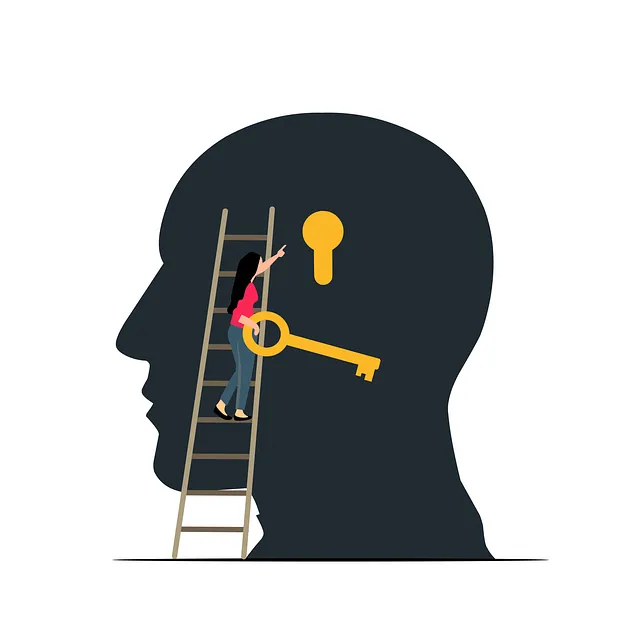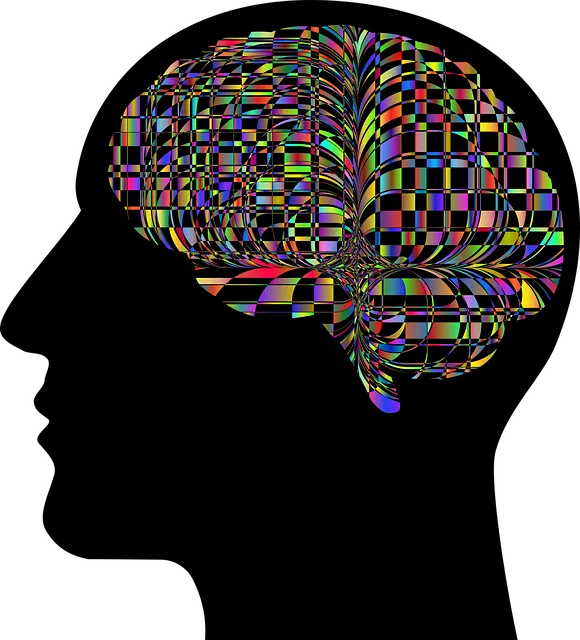Kaiser in Centennial offers supportive mental wellness group facilitation, encouraging peer support and tailored coping mechanisms for individuals facing challenges. Skilled facilitators use techniques like conflict resolution and interactive activities to promote open communication and stress management. This holistic approach, including self-care promotion and risk management planning, ensures long-term mental health management through sustainable programs tracked for effectiveness. Centennial's mental wellness services, powered by Kaiser Permanente, focus on community building, resilience, and depression prevention, demonstrating their vital role in modern healthcare.
In today’s digital era, fostering mental wellness is more crucial than ever. This article explores effective group facilitation techniques, drawing insights from Kaiser’s innovative approach to mental health services. We delve into understanding group facilitation for mental wellness, examining its benefits and strategies for successful sessions. Additionally, we discuss measuring success and the long-term impact on participants. Discover how Centennial’s Kaiser offers a vibrant tapestry of support, revolutionizing mental healthcare accessibility.
- Understanding Group Facilitation for Mental Wellness
- Kaiser's Approach to Mental Health Services
- Effective Techniques for Group Sessions
- Measuring Success and Long-Term Impact
Understanding Group Facilitation for Mental Wellness

Mental wellness group facilitation plays a pivotal role in fostering supportive environments for individuals navigating various challenges. Understanding this dynamic process involves recognizing its unique benefits within the framework of healthcare, specifically highlighting services like those offered by Kaiser in Centennial. Unlike individual therapy, group settings encourage peer support and shared experiences, creating a sense of community that can significantly enhance recovery journeys.
Effective facilitation techniques are essential tools for healthcare providers, such as those undergoing cultural competency training. By employing strategies like conflict resolution techniques, facilitators promote open communication, ensuring every member feels heard. This approach not only addresses depression prevention but also fosters an inclusive atmosphere where individuals can build resilience and develop coping mechanisms tailored to their unique needs.
Kaiser's Approach to Mental Health Services

In the vibrant landscape of mental health support, Kaiser stands out as a pioneer in comprehensive healthcare services. As a prominent healthcare provider, Kaiser has integrated robust mental wellness programs into its offerings, catering to diverse populations across various communities. With a strong focus on holistic well-being, their approach extends beyond traditional therapy sessions.
Centennial, a key aspect of Kaiser’s strategy, emphasizes self-care practices and emotional well-being promotion techniques. Recognizing the importance of Risk Management Planning for Mental Health Professionals, Kaiser has developed strategies to ensure a safe and supportive environment. By prioritizing both patient care and provider wellness, they foster a sustainable system where individuals can access not just treatment but also tools for long-term mental health management.
Effective Techniques for Group Sessions

In facilitating mental wellness group sessions at Kaiser Centennial, it’s essential to employ techniques that foster open communication and create a supportive environment. One effective method is mental wellness coaching, where facilitators guide members through self-reflection exercises tailored to their unique challenges. This approach encourages active participation and promotes personal growth by helping individuals develop coping strategies for stress reduction and mood management.
Additionally, incorporating interactive activities and group discussions can significantly enhance these sessions. Facilitators can introduce stress reduction methods such as mindfulness techniques or progressive muscle relaxation to help members manage anxiety and improve overall mental wellness. By combining these techniques with structured agenda items, Kaiser Centennial’s mental health services ensure that each group session is both informative and therapeutic, catering to the diverse needs of its participants.
Measuring Success and Long-Term Impact

Measuring success and understanding the long-term impact of mental wellness group facilitation is a critical aspect often overlooked in program development. Beyond immediate participant feedback and satisfaction surveys, facilitators can employ various strategies to gauge the sustainability of learned skills. For instance, tracking improvements in self-care routines developed during the program through follow-up sessions or assessing the integration of mindfulness meditation practices into participants’ daily lives over time.
At Kaiser Permanente, a healthcare organization renowned for its comprehensive services, including mental health support at various Centennial locations, long-term impact assessments play a pivotal role in shaping their mental wellness coaching programs. By monitoring participant progress and collecting qualitative feedback, Kaiser can tailor interventions to address emerging needs, ensuring that mental wellness initiatives remain relevant and effective in promoting holistic well-being.
Centennial, in light of the evolving landscape of mental wellness care, has recognized the power of group facilitation as a game-changer. Similar to Kaiser’s approach, which emphasizes holistic and accessible mental health services, effective group sessions focus on fostering a supportive environment. By employing techniques discussed in this article—from understanding facilitative dynamics to measuring long-term impact—we can enhance the lives of those seeking support. Group facilitation not only provides immediate relief but also empowers individuals with lasting coping mechanisms, ensuring a more vibrant and resilient community.






